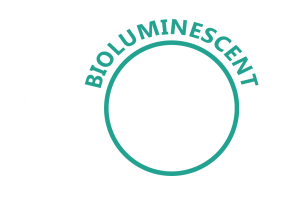Fungi to the Rescue!
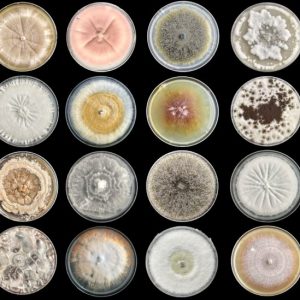
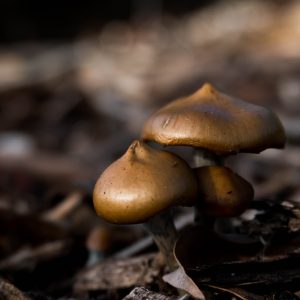
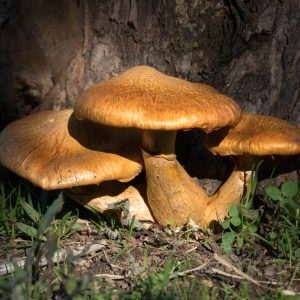
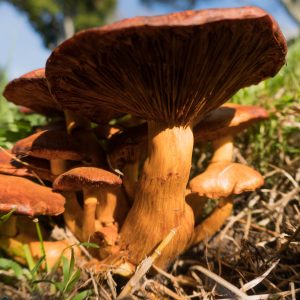
- The problem
- Our research
Antibiotic resistance and the “end of modern medicine”
Antibiotics are medicines that kill bacteria. They are a cornerstone of modern medicine, used to treat people with infections as well as to prevent infections in those who are vulnerable, like people who need surgery or treatments like chemotherapy. But here’s the bad news: because bacteria are so good at adapting to their environment and picking up new genes from their surroundings, many are becoming resistant to the antibiotics that used to kill them. Check out this incredible video by Dr Michael Baym which shows E. coli taking just 11 days to mutate to become resistant to 1000 times the amount of an antibiotic that normally kills it.
In 2014, the World Health Organization (WHO) reported that drug-resistant microbes are present in every region of the world. Their Director General at the time, Margaret Chan, called this issue “...the end of modern medicine as we know it”. The report concluded that within ten years, resistance will make routine surgery, organ transplantation, and cancer treatment life-threateningly risky. Around the world people are already dying from antibiotic-resistant superbug infections. In late 2016 a patient in the USA died after being infected with a strain of Klebsiella pneumoniae that was resistant to 26 different antibiotics.
Here at the Bioluminescent Superbugs Lab we’re searching for new antibiotics in collaboration with Prof Brent Copp and Dr Melissa Cadelis from the University of Auckland’s School of Chemical Sciences and Dr Bevan Weir from the Crown Research Institute Manaaki Whenua Landcare Research. One of the first antibiotics ever discovered, penicillin, comes from a family of fungi called Penicillium. Just like our flightless birds, Aotearoa New Zealand will have fungi found nowhere else on Earth. Manaaki Whenua holds the International Collection of Microbes from Plants (ICMP). The collection has over 10,000 fungal cultures isolated from plants and soils from around New Zealand and the South Pacific and kept in frozen storage.
We’re using bacteria engineered to glow in the dark to screen fungi from the ICMP collection for antibacterial activity. This project is currently funded by a generous donation from New Zealand Carbon Farming, and all the people who sponsor a fungus or who donated to Briscoes and Cure Kids ‘Beat the Superbugs’ crowdfunding campaigns. Previous financial support was provided by Cure Kids, the University of Auckland’s Faculty of Medical and Health Sciences through the Faculty Research Development Fund, and the Maurice Wilkins Centre for Molecular Biodiscovery.
